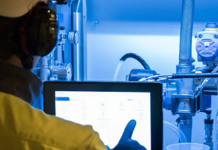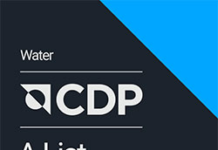
The corrugation industry in the country needs to change not only by investing in automated plants but also in other ways that can make these in- vestments sustainable. There are thousands of ordinary plants and while
as many as two hundred have invested in automated plants from China and Tai- wan, there is no guarantee of success for them. “The expectations to achieve bet- ter prices through improved productivity and better quality control is just not hap- pening,” says Milan Dey, president of Eastern India Corrugated Manufacturers As- sociation (EICMA) and also the owner of Madan Packaging in Kolkata. “We are trying to improve awareness across the industry and asking members not to in- dulge in destructive price wars, but have not yet succeeded.”
Dey says that in the last five years, 16 automatic plants have been installed in the eastern region leading to over capacity and low capacity utilization. His own company which imported an automatic corrugator from China in 2011 produces only a quarter of its installed capacity. Perhaps, as one local expert says, “The prob- lem is that the so-called automated plants are only capable of producing more of what the thousands of plants which are less automated can produce and thus they cannot command a price to make them sustainable.”
Although many of the larger companies operating in India understand the dif- ference between a brown box and a logistically viable corrugated box, the overall awareness is poor. The investment in producing quality corrugated boxes is fairly large in terms of industrial built-up space, machinery, technology, appropriate raw material sourcing and best manufacturing practices, apart from the environmen- tal considerations that are important to consumer product companies.
To run a corrugation plant without an effluent treatment plant is not advisable
— nor can one simply source liner, adhesives, chemicals or coatings from non- standard suppliers. There is a lack of understanding of the needs of large FMCG companies and export clients and little investment has been made in testing raw materials, processes and end-products. Thus apart from the know-how needed to produce quality corrugated boxes, investments in marketing and product plan- ning are also needed.
In fact, the investments of the organized producers of corrugated boxes are far ahead of the market as a whole. The high quality corrugation and flexo print- ing capacity of companies such as multi-location Horizon Packaging, Astron and Parksons Packaging are sustainable because they are looking at the specialized
and high quality local and overseas requirements of their customers.
















